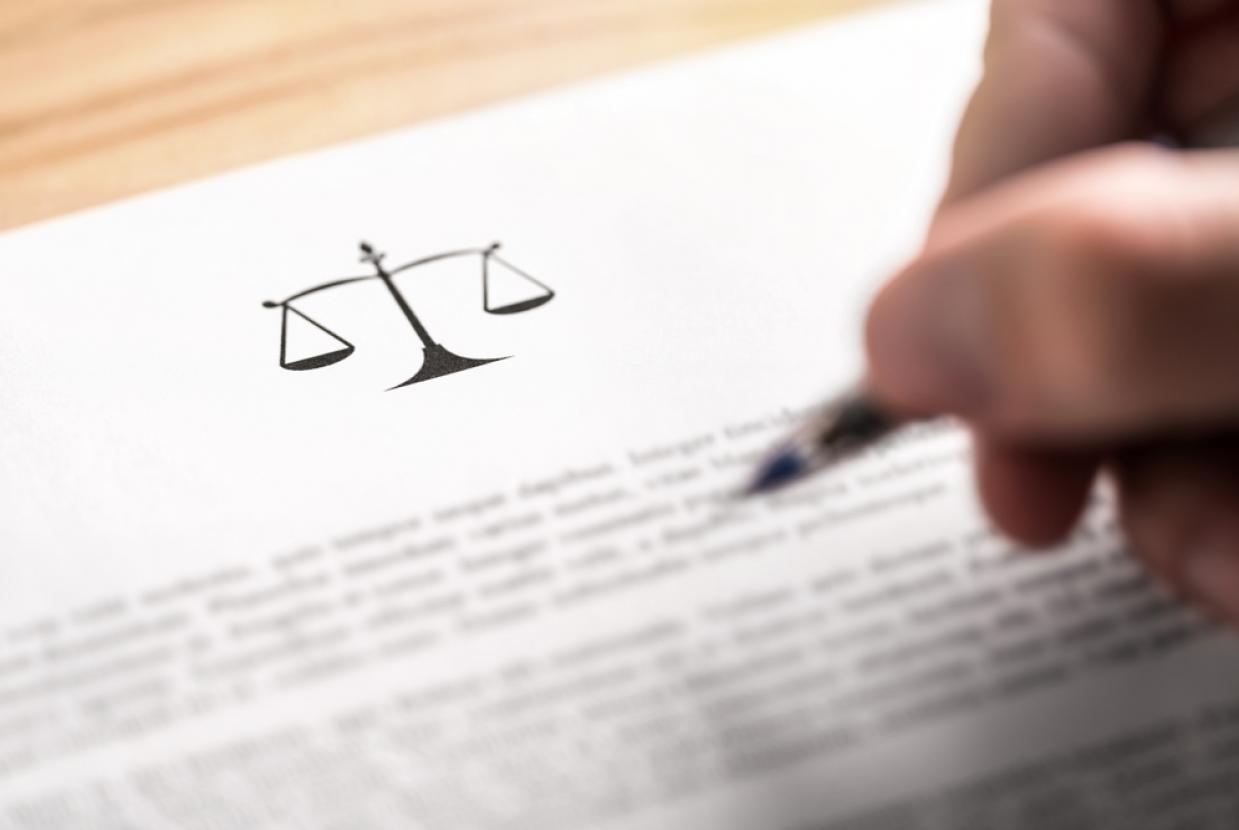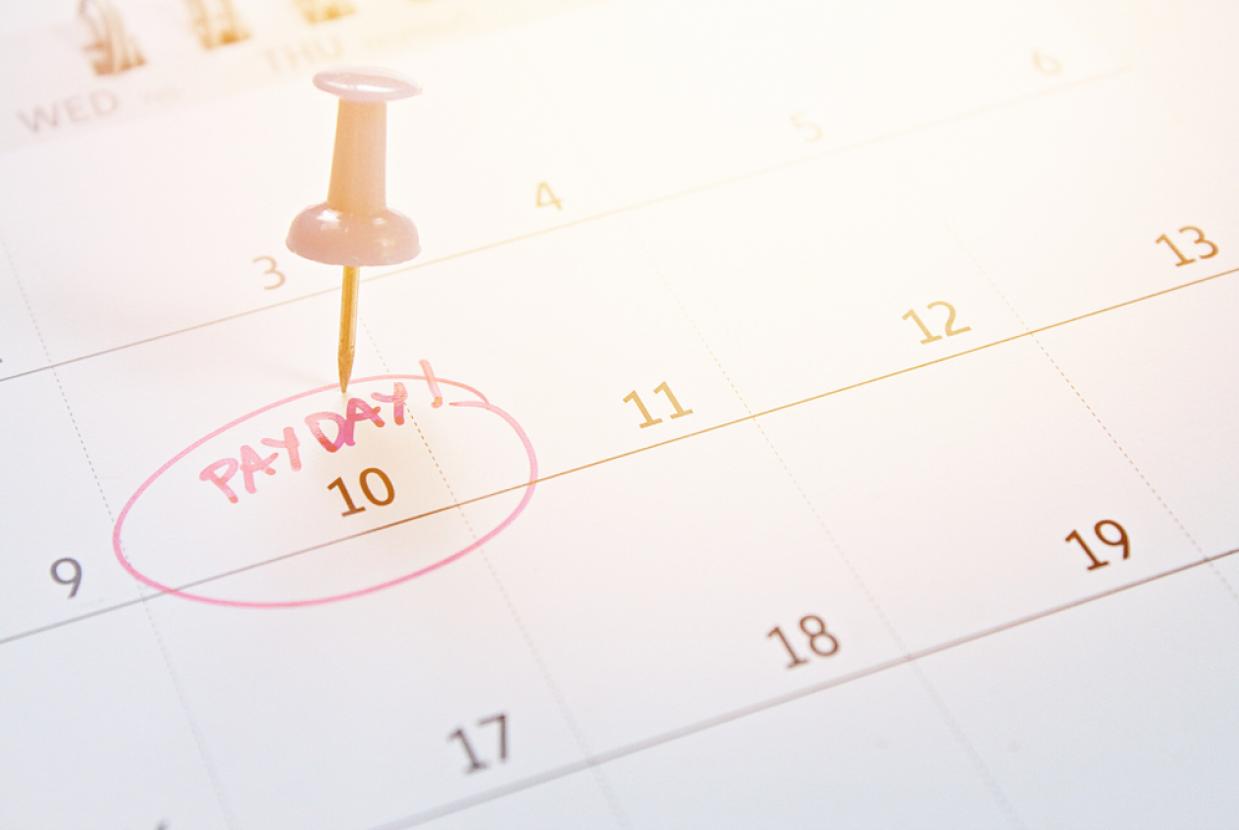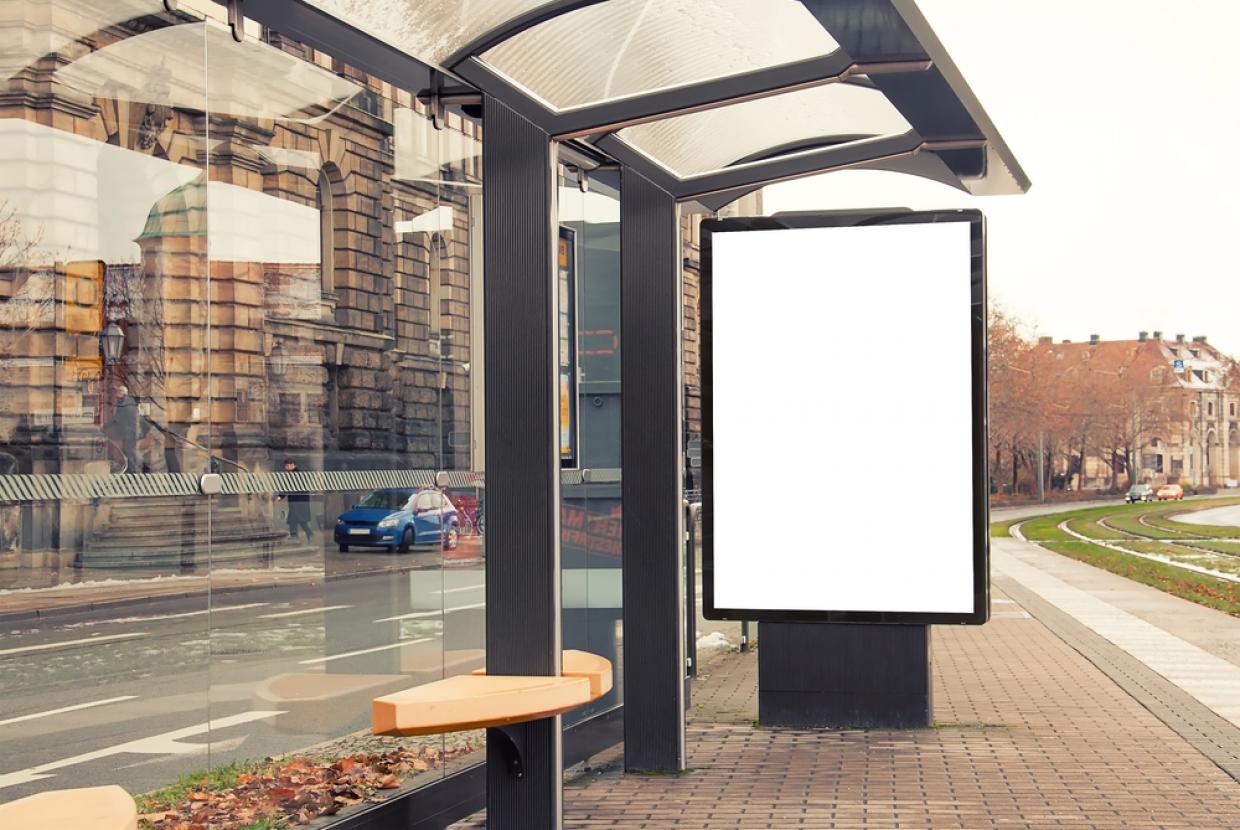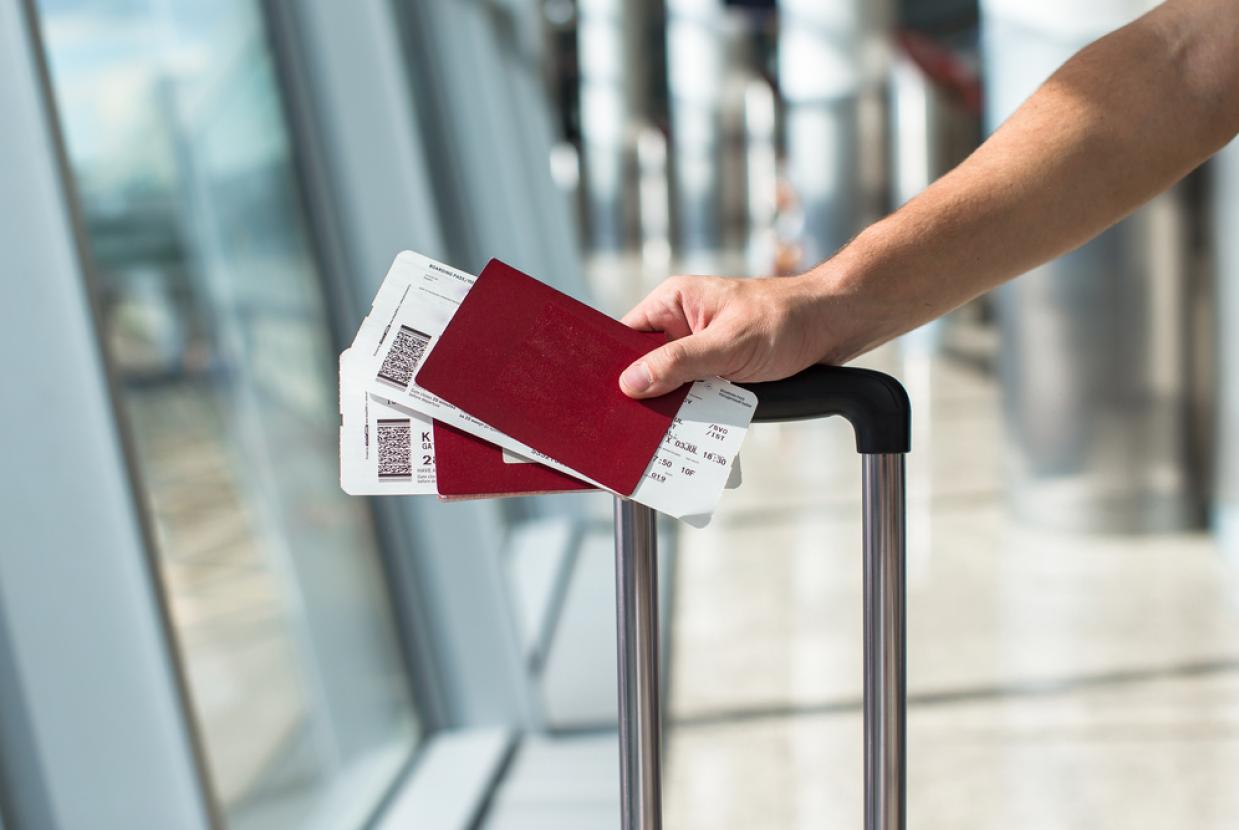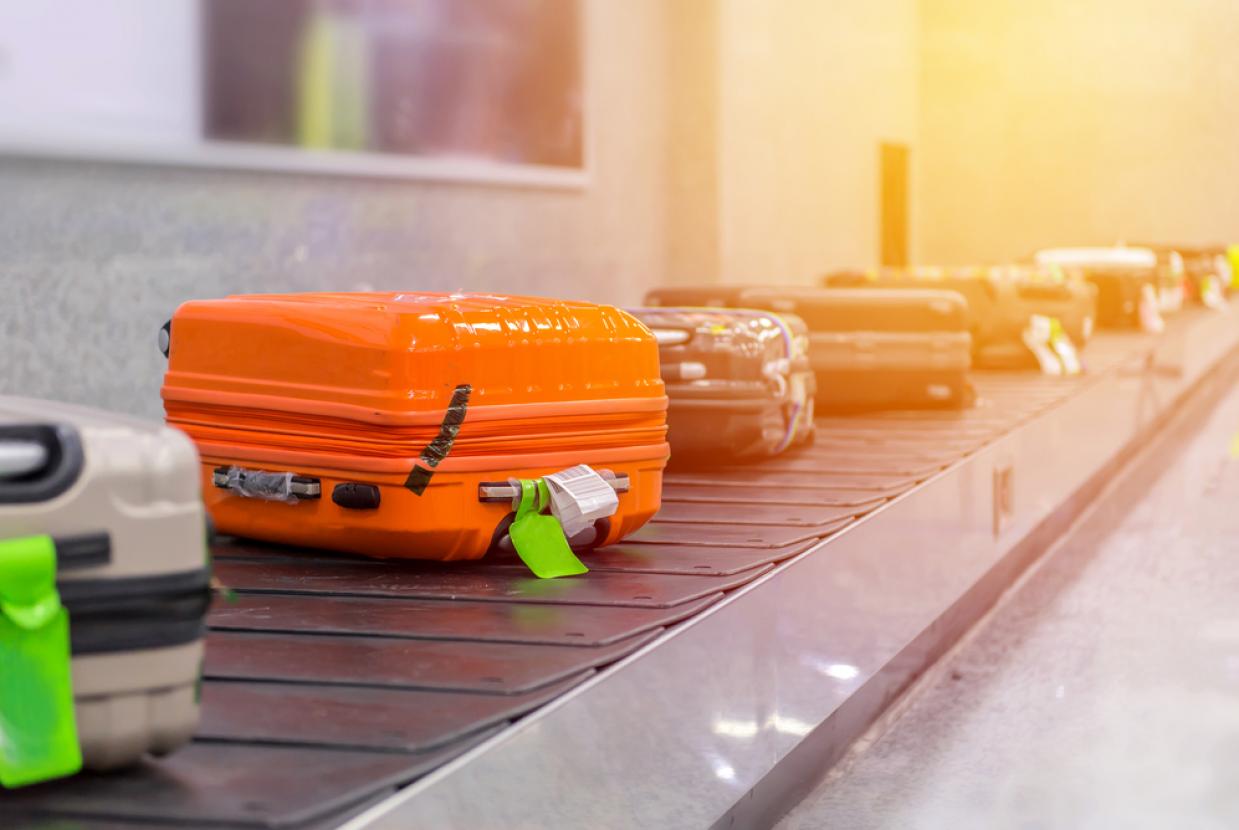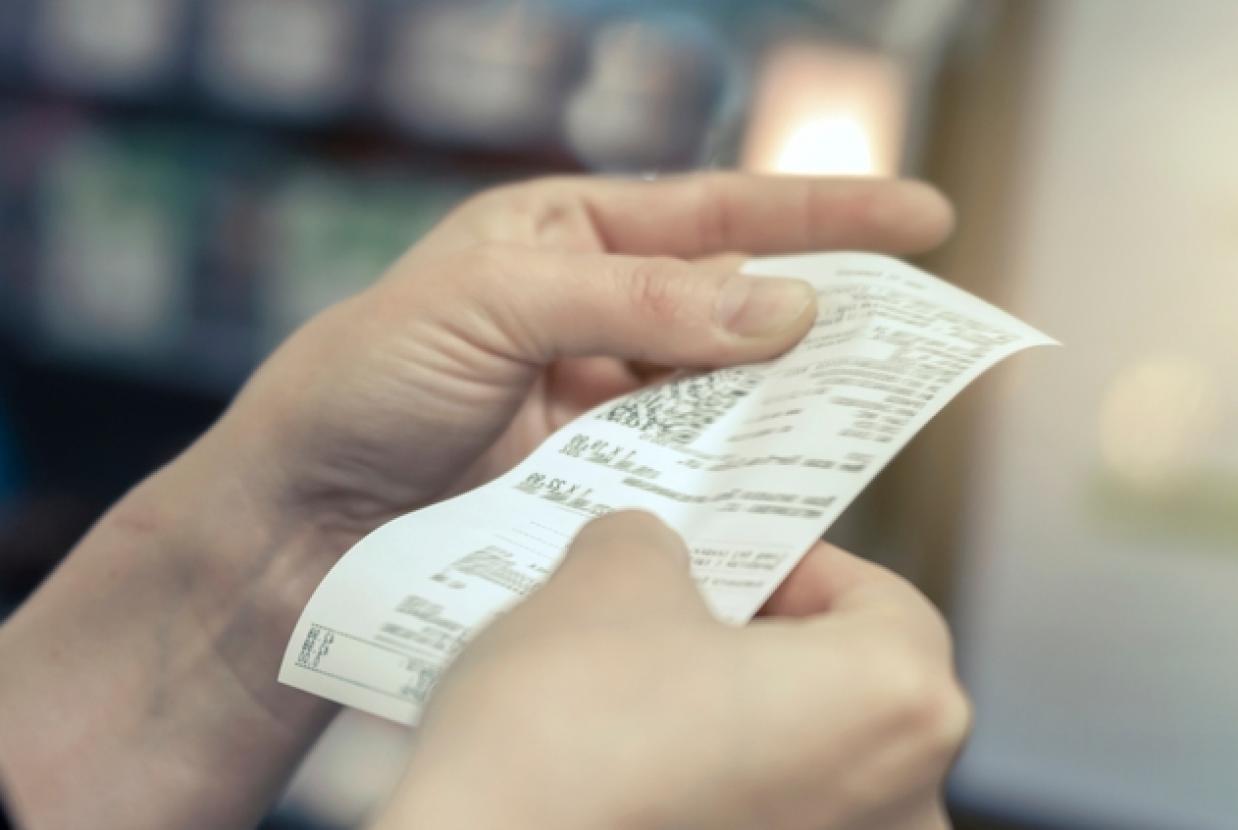How Do I Make A Car Insurance Claim?
Consumer Rights & AdviceClaiming on your car insurance can be stressful and confusing. Here’s what to do after a car accident, when to make a car insurance claim, and how to ensure the process goes as smoothly as possible.
When to make a car insurance claim
You might make a car insurance claim if your vehicle has been damaged due to:
- accident
- fire
- theft
- vandalism
- natural disasters.
If you’re covered for all the above depends on your policy. You should be aware that any claim you make could impact your premium (how much you pay each year or month) and your no-claims bonus (NCB).
If you claim during your policy period, you usually lose two years’ worth of no-claims, and your premiums go up. Even if you switch provider, a recent claim can affect your premium with your new insurer.
It’s a good idea to weigh up the benefits of claiming against how much your yearly premium could go up and losing your no-claims bonus.
You should always check your policy details to see what level of coverage you have. Some add-ons, like windscreen cover, might not affect your premium or NCB.
What is the car insurance claim process?
Making a claim on your car insurance might seem overwhelming. Following these steps can help make sure the claims process goes smoothly.
What to do immediately after a car accident
No matter how badly your car is damaged, safety should always come first. The most important thing is to make sure that everyone involved is safe.
- Check for injuries and call 999 if needed.
- If possible, move to a safe location and exit your vehicle from the side furthest away from traffic.
Exchange details
Once everyone is safe, exchange your details with the other driver(s). This includes taking their:
- name(s)
- contact info
- vehicle registration number(s)
- insurance information (such as the driver’s provider and policy number).
If you’re in an accident that’s caused damage or injury and you do not provide your details at the time of the accident, you must report it to the police within 24 hours.
Contact your insurer
You should report the accident to your insurer as soon as possible, providing accurate details of what happened. Take photos of the damage, registration plates, and the scene of the accident, and get witness information if possible. If you don’t report the incident accurately or wait too long before reporting it, you could be committing an offence.
What is a loss adjuster and how do you work with them?
Loss adjusters evaluate property damage for insurance companies. They assess the extent of damage, investigate the claim details, and estimate repair costs.
Here’s how you can cooperate with loss adjusters for a smooth claim process:
- Be honest – answer any questions truthfully
- Give evidence – collect receipts, proof of ownership, and photos of the damage and provide them quickly when asked
- Know your policy – understand your level of cover.
Receive your payments and claims
Once your insurer has assessed the claim, your policy’s excess will be taken from the claim amount. Excess is the amount you agree to pay towards a claim before your provider covers the rest. It means that you share financial risk with your insurer.
For example, if your excess is £250 and the claim is £1,000, you’ll get £750. If your car needs repairs, your insurer may arrange them directly. Otherwise, they’ll transfer the claim amount to you.
How long does a car insurance claim take?
Wait times for car insurance claims can vary depending on the type of claim, communication between parties, and the insurer’s processes. Straightforward claims can take one week, while more complex claims might take several months.
Dealing with uninsured or uncooperative drivers
Driving without insurance is illegal. If you have an accident with someone who is not insured, you must tell the police. You might be able to get compensation if you’re the victim of an uninsured driver or hit-and-run driver.
Claiming against an uninsured driver
The Motor Insurers’ Bureau (MIB) handles claims involving untraced or uninsured drivers. They compensate victims of uninsured drivers by covering costs related to injuries and property damage.
You should report incidents involving uninsured drivers to the MIB by completing a claim form as soon as possible.
Claiming if your car has been written off
If your vehicle has been badly damaged and the cost of repair exceeds the car’s value, your insurer might tell you that it’s a “write-off”.
This usually means that the cost of repairing your car, van or bike would cost more than the vehicle is worth. In this case, insurers typically pay you the current value of the car, minus any excess you’re liable for, instead of paying to repair it. There are different categories based on how serious the damage is.
For example, category A cars can’t be repaired and have to be crushed. You have the option to buy back and repair vehicles in categories C, D, N, and S to a roadworthy condition, but be aware that owning one of these vehicles can cost more to insure.
For more information on what to do if your car has been written off, including how to tell the DVLA, visit GOV.UK.
Car insurance claim tips
These simple tips can help make sure your car insurance claim goes smoothly. Keep records to strengthen your claim and help make sure you’re compensated.
- Save information about your claim, including phone calls, emails, and letters
- Take photos of the accident scene, damage to your car, and any injuries
- Store receipts for repair costs, medical expenses, and other bills.
Be honest, thorough, and prompt with communications to avoid delays, claim denial or policy cancellation.
- Give accurate information when reporting the incident
- Complete forms carefully and thoroughly
- Cooperate with insurers and respond promptly to requests for information.
Understand what your policy covers so that you know your rights.
- Know your policy terms and coverage limits
- Remember that you have the right to appeal if your claim is denied.








